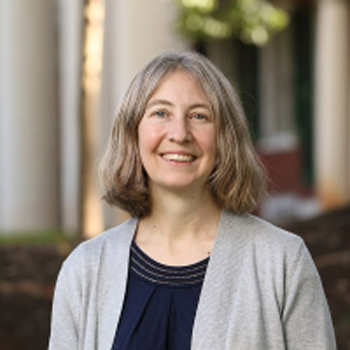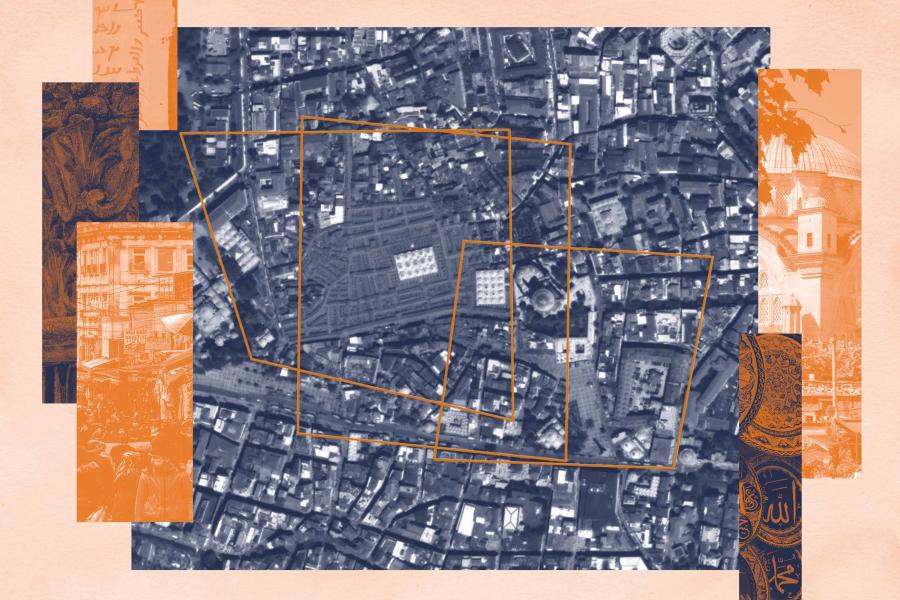In testing their new algorithm, Naegle and her collaborators found that it worked reliably across different tissue types, suggesting it is useful for many types of cancer.
As an added benefit, KSTAR can serve as a diagnostic tool, the UVA researchers report. During their tests, KSTAR was able to determine that a patient with breast cancer was not HER2 positive, as doctors had previously believed. HER2-positive breast cancers can benefit from HER2-targeted kinase inhibition, but HER2-negative tumors will not, and HER2-inhibition comes with additional complications.
Additionally, the researchers find that around 20% of patients identified as HER2-negative by current clinical approaches actually have HER2 signatures that suggest they could benefit from HER2-targeted treatment – a treatment not currently offered to them. That type of information can be invaluable as doctors and patients discuss treatment options.
“We are collaborating and working with teams of researchers across a range of cancers to establish when and how KSTAR can help identify patient response to treatment,” Naegle said. “We hope that we will be able to help better identify the right treatment for the right patient at the right time for better outcomes for patients.”
Naegle and her collaborators have made their new algorithm freely available. The work is part of UVA Health Cancer Center’s ongoing mission to find new and better ways to diagnose and treat cancer in all its forms.
UVA Health Cancer Center this year became one of only 53 cancer centers in the country designated as a Comprehensive Cancer Center by the National Cancer Institute. The designation recognizes elite cancer centers with the most outstanding cancer programs in the nation. Comprehensive Cancer Centers must meet rigorous standards for innovative research and leading-edge clinical trials.
UVA Health Cancer Center is the only Comprehensive Cancer Center in Virginia.
Findings Published
Naegle and her collaborators have published their findings in the journal Nature Communications. The team consisted of Sam Crowl, Ben T. Jordan, Hamza Ahmed, Cynthia X. Ma and Naegle.
The work was supported by the National Cancer Institute, grant R21CA231853.
To keep up with the latest medical research news from UVA, subscribe to the Making of Medicine blog.











